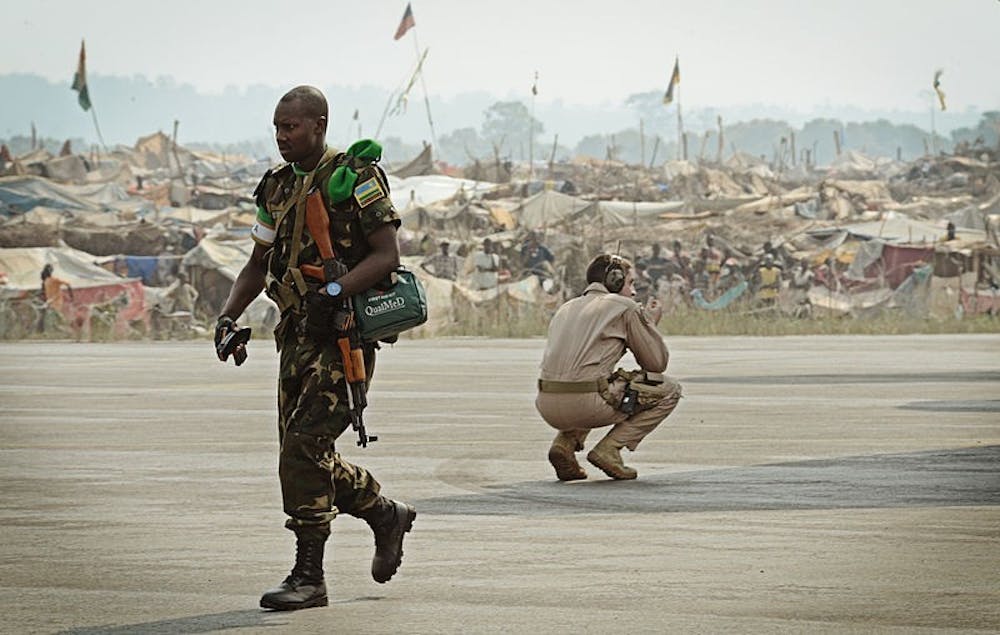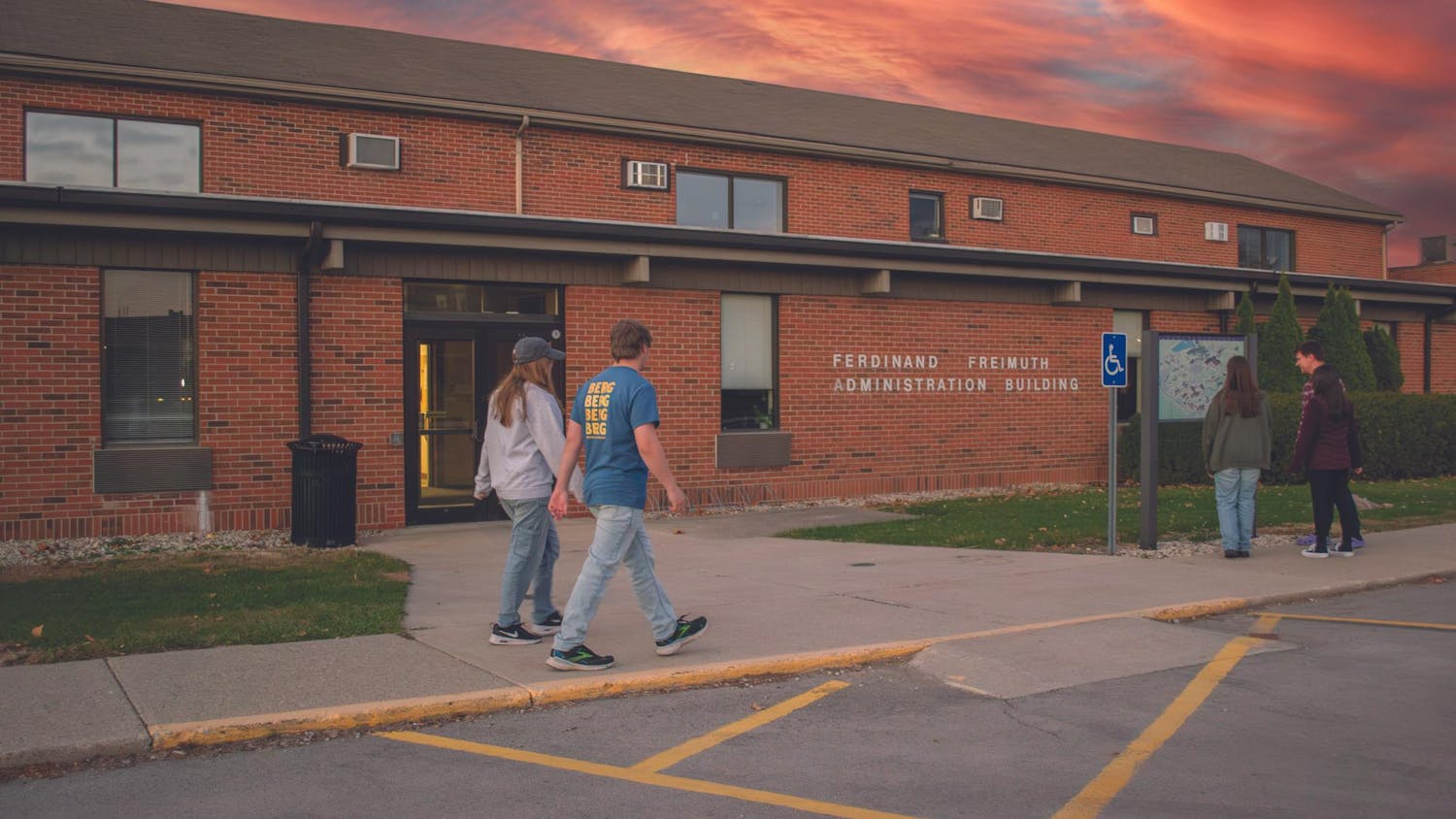So much happens outside Taylor, but what does any of it have to do with you? The world can seem like an overwhelming web of stories, and this column will help you find your place inside it. Sit down with me as we explore the bridges that connect us to the rest of the world.
By Abigail Pollock | Echo"Never again."
Our mantra after the Holocaust, after more than 11 million people were slaughtered to protect the evolution of a pure Aryan race.
"Never again," the world cried for the killing fields of Cambodia and the ethnic wars in Croatia and Bosnia.
The victims are Muslims, targeted by Christian and animist militias.
In 2013, the CAR's Christian president was ousted and replaced by Muslim president Djotodia. A Muslim rebel group was responsible for the coup, and used its new power to terrorize the majority Christian population, forcing tens of thousands to flee from pillaging and executions.
But now the tables have turned.
In January 2014, Djotodia was replaced by democratically-elected Christian President Catherine Samba-Panza. Christian militia groups ironically calling themselves "anti-sword," which had formed against the Muslim militias, suddenly found themselves in power. Since that time, Muslims have been the explicit targets of looting, torture, rape and lynchings.
More than 2,000 men, women and children on both sides have been killed in the ensuing conflict. One million of the country's 4.6 million people have been displaced. At least 80,000 of the 690,000 Muslims in the CAR have already fled the country.
The chief prosecutor at the International Criminal Court has opened an investigation into crimes against humanity for ethnic-religious killings.
So far, no one has used the word 'genocide' to describe the conflict, and the reason is clear.
Genocide was not written into international law until the Convention on Genocide in 1948 as a response to the Holocaust. To use the word genocide is to call the world to action-even so far as to use military force if necessary. The international community prefers using phrases like "ethnic cleansing" to describe conflicts which rightfully fall under the Convention's description of genocide.
Gen. Mohamed Dhaffane, a former minister to deposed president Djotodia, warned that continued targeting of Muslim civilians would not only incite retaliation by Muslim militias, but could also draw neighboring states into the conflict.
"If Christians don't stop killing Muslims, then I'm afraid [Muslim terror groups] like Al-Qaeda and Boko Haram might be drawn into this conflict," Dhaffane told Anadolu Agency.
Preventing genocide is not only in the interest of the international community, it is the just and ethical action, and a chance to redeem the horrific inaction in tragedies such as the Rwandan genocide of 1994.
As a Christian, the burden of this conflict weighs heavily. Do I look at the CAR the same way I see the Crusades, or the religious wars of Europe? How do I respond to crimes against humanity perpetrated by those who claim to be my spiritual brothers and sisters?
Do I see my hatred in their revenge?
This is reason enough to call for action.
(Thumbnail courtesy of SSgt Ryan Crane, U.S. Air Force.)





